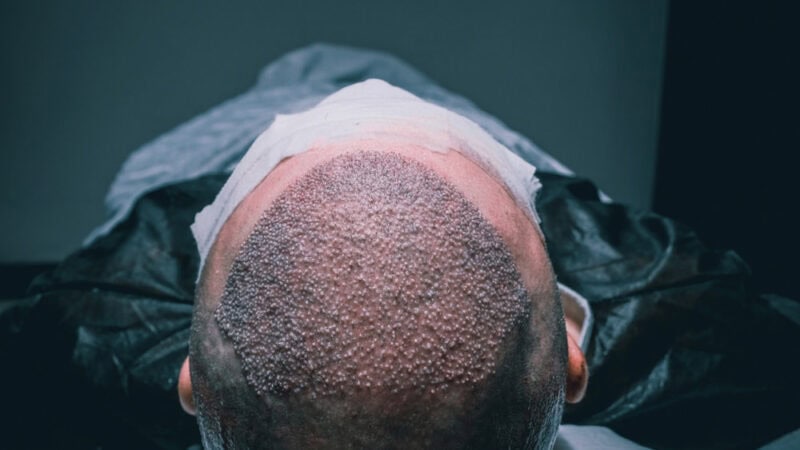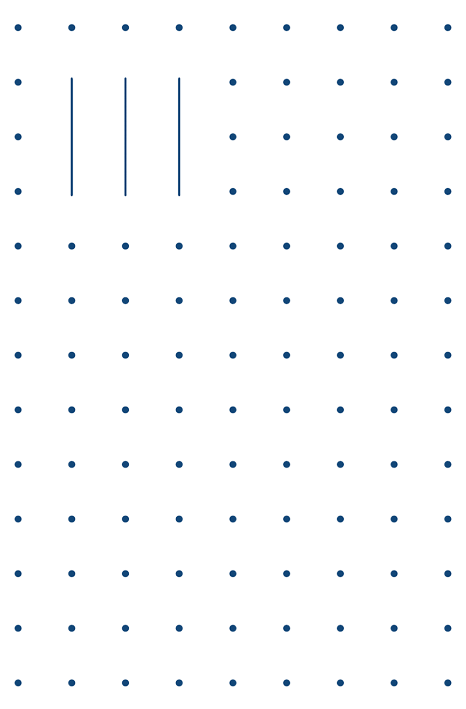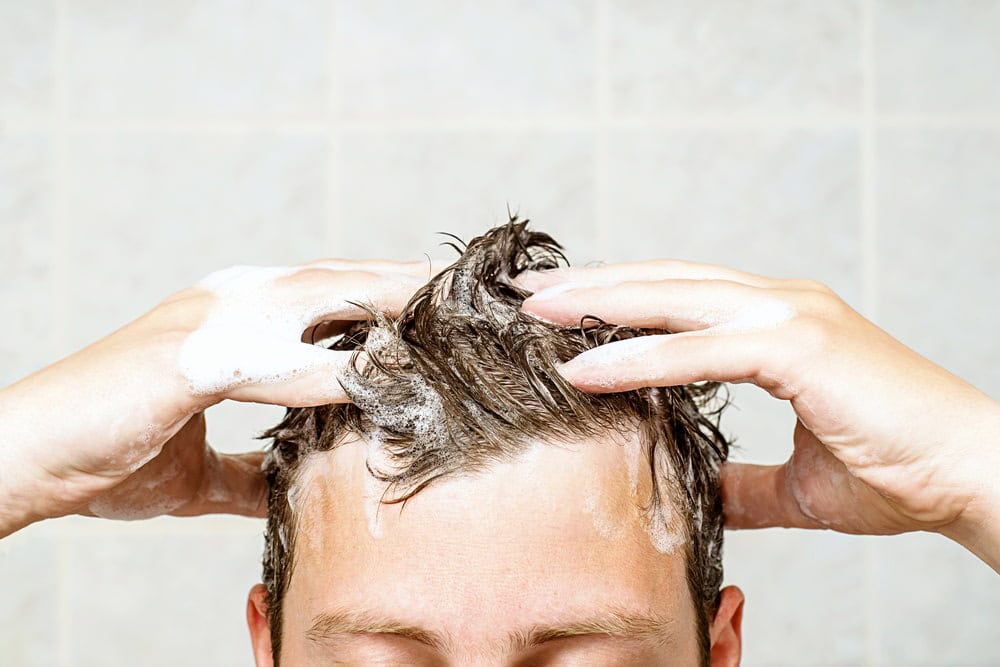
Is Minoxidil Needed Before and After a Hair Transplant?


One of the common questions asked during a consultation with our Bangkok Hair Clinic specialists is whether you need medication after a hair transplant. The quick answer is, it’s on a case-to-case basis. If you’re considering getting a hair transplant and wondering what you need to do after you have it done, there are certain steps to follow. After all, hair transplant requires aftercare; it isn’t a one-time solution.
To maintain optimal results long-term, patients need to follow recommended aftercare procedures. You may even need to take medication like Minoxidil or Finasteride, which works to support healthy hair growth. This post will discuss the basic aftercare regimen after an FUE hair transplant, as well as medication or treatments that you may need.
Recovery time for a hair transplant takes about six weeks, though you can move about and follow most of your daily routine as you heal. Right after your hair transplant, the transplanted area will experience swelling, redness, and tightness, which can take a few days to subside. You’ll be prescribed painkillers and antibiotics to help you feel comfortable and prevent infection.
For at least two weeks post-transplant, wear a clean bandana or headgear when outside to protect your scalp from the sun and dust. The headgear should be loose enough not to pull on the newly implanted grafts. Wear protective headgear until the scabs are gone for up to six months when exposed to the sun, as your scalp is more sensitive to sunburn.
Avoid touching your newly implanted hair for the first four days after your transplant. Instead, spray your scalp with saline water periodically to minimize dryness and irritation. On the fifth day, you can wash your hair with mild shampoo and lukewarm water with gentle movements. To dry your hair, pat it gently with a paper towel; do not rub vigorously. Ask your doctor for recommended shampoo, lotion, or foam. Also, make sure not to use hair products containing silicone, perfume, and dyes. You can gently comb your hair by the 15th day.

Due to the swelling, you should sleep on your back with your head elevated by stacking pillows or on a reclined chair for the first seven days after your hair transplant procedure. Sleep with a neck pillow or wrap a towel on your neck to minimize the movement of your head.
While you can walk and go about your day-to-day activities right after the transplant, you should avoid activities that cause you to sweat a lot. Excessive sweating can irritate the grafts and slow down the healing process. Avoid strenuous activities that may cause trauma to your scalp. Exercise is allowed after a week, but clean your hair after a workout to prevent infection.
Patients may think that the process is done once hair grafts take root. However, medication can offer significant benefits in many cases.
Saline spray is recommended to help keep the transplanted area clean and hydrated. Spritz saline in the area multiple times a day to soothe minor itching and aid in the healing process.
Minoxidil for women and men is often part of a comprehensive approach to boost the growth of existing and transplanted hair. Minoxidil widens blood vessels in the scalp for better blood flow and nutrient delivery, extending the hair growth phase and potentially thickening existing strands.
Finasteride is often prescribed for male patients to prevent further hair loss and encourage regrowth. It helps block the production of DHT (dihydrotestosterone), the hormone that causes thinning hair.
May be prescribed to reduce swelling and inflammation and prevent the body from rejecting the newly transplanted hair follicles. Depending on the recommended dosage, they can be taken orally or injected into the scalp.
Taken for several days post-surgery to prevent infections that could compromise the healing process or damage the hair follicles.
Might be prescribed when there’s a risk of fungal infections on the scalp or for patients with a history of scalp fungus.
It’s important to continue monitoring medications taken to determine their effectiveness and whether any adjustments are needed. For instance, if you’re wondering, does Minoxidil or Finasteride work? Regular check-ups with your specialists will determine how you’re responding to the treatments and detect side effects early. A change in dosage or type of medication may be necessary depending on how your scalp reacts to the medication.
Certain medications like antibiotics and corticosteroids can be used for a limited time. Follow the doctor’s prescribed dosage and usage duration. Others, like Minoxidil and Finasteride, can be a part of your long-term regimen to maintain consistent results.
Not every patient needs the same type or amount of medication. At Bangkok Hair Clinic, you receive a personalized treatment plan based on your medical history and factors like scalp sensitivity, allergies, and other underlying conditions. Our hair specialists provide expert care and advice to ensure your FUE hair transplant in Bangkok yields optimal results. Contact us to book a consultation appointment.